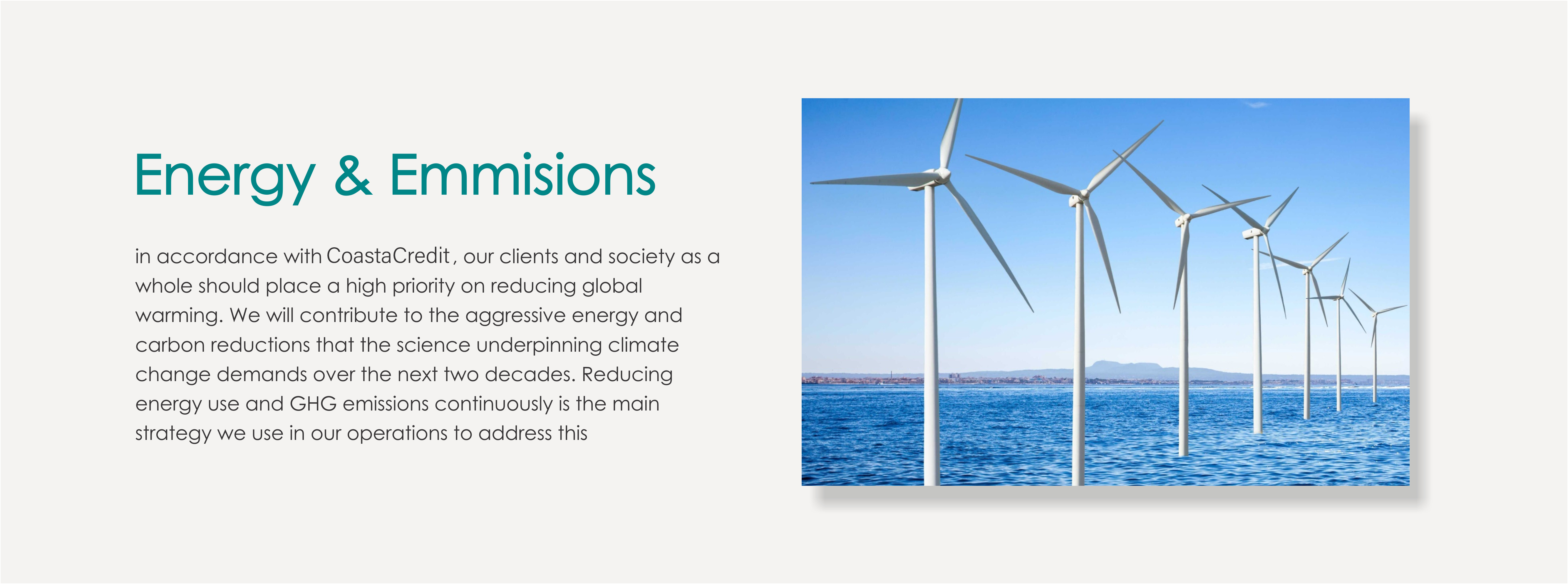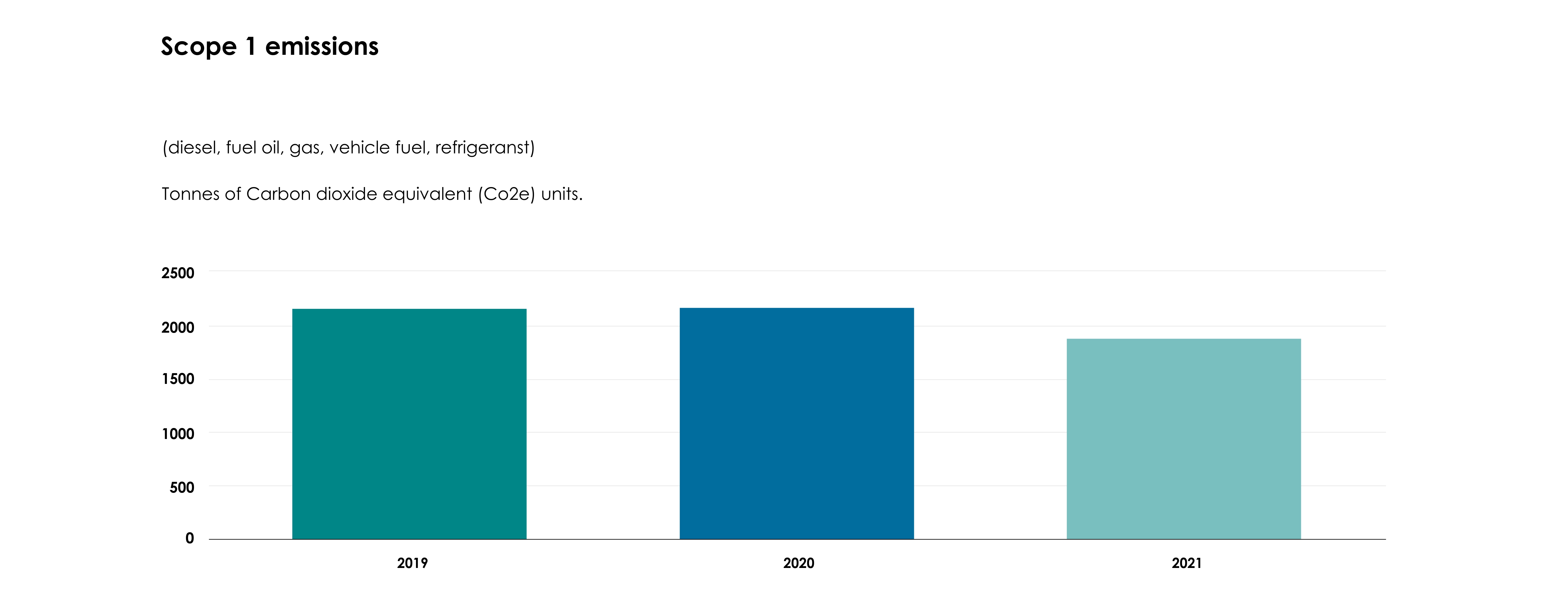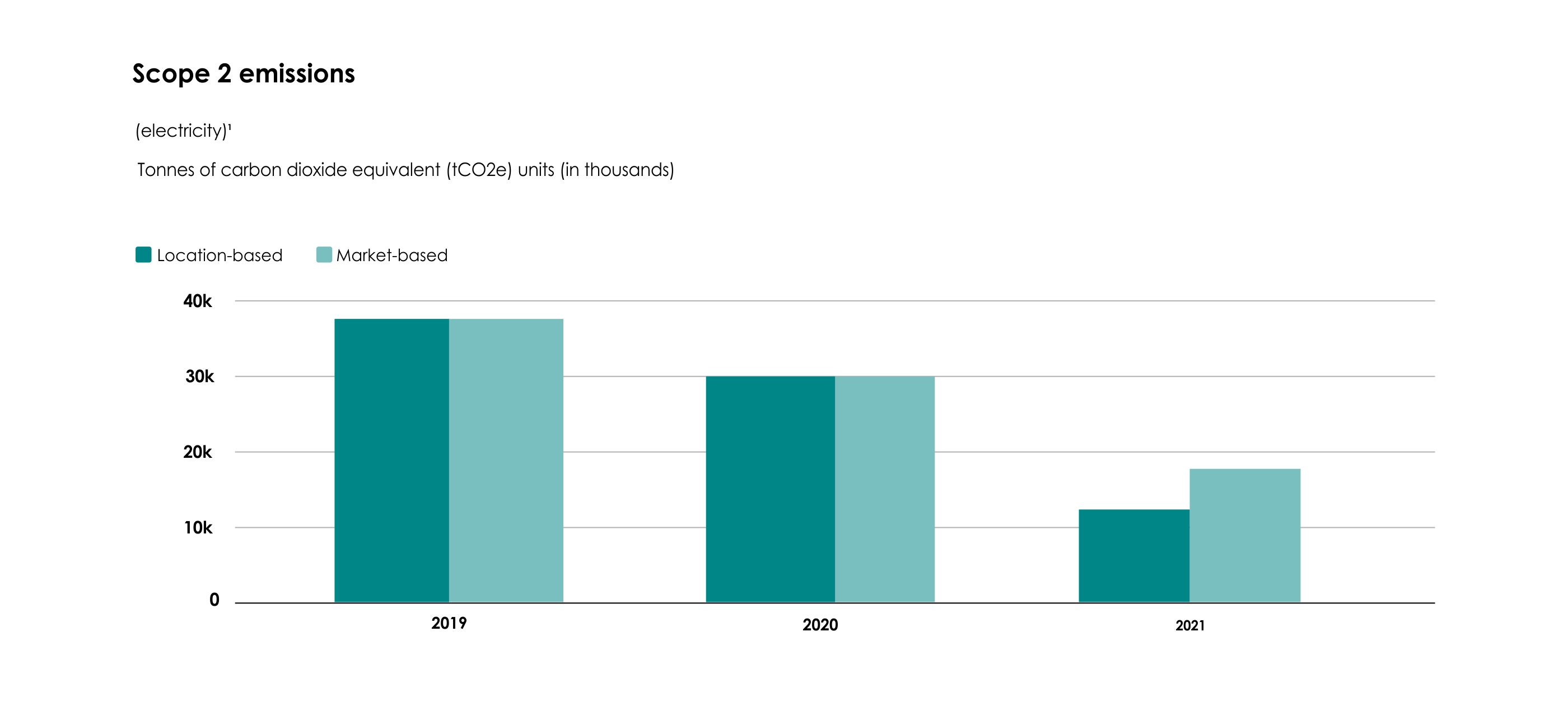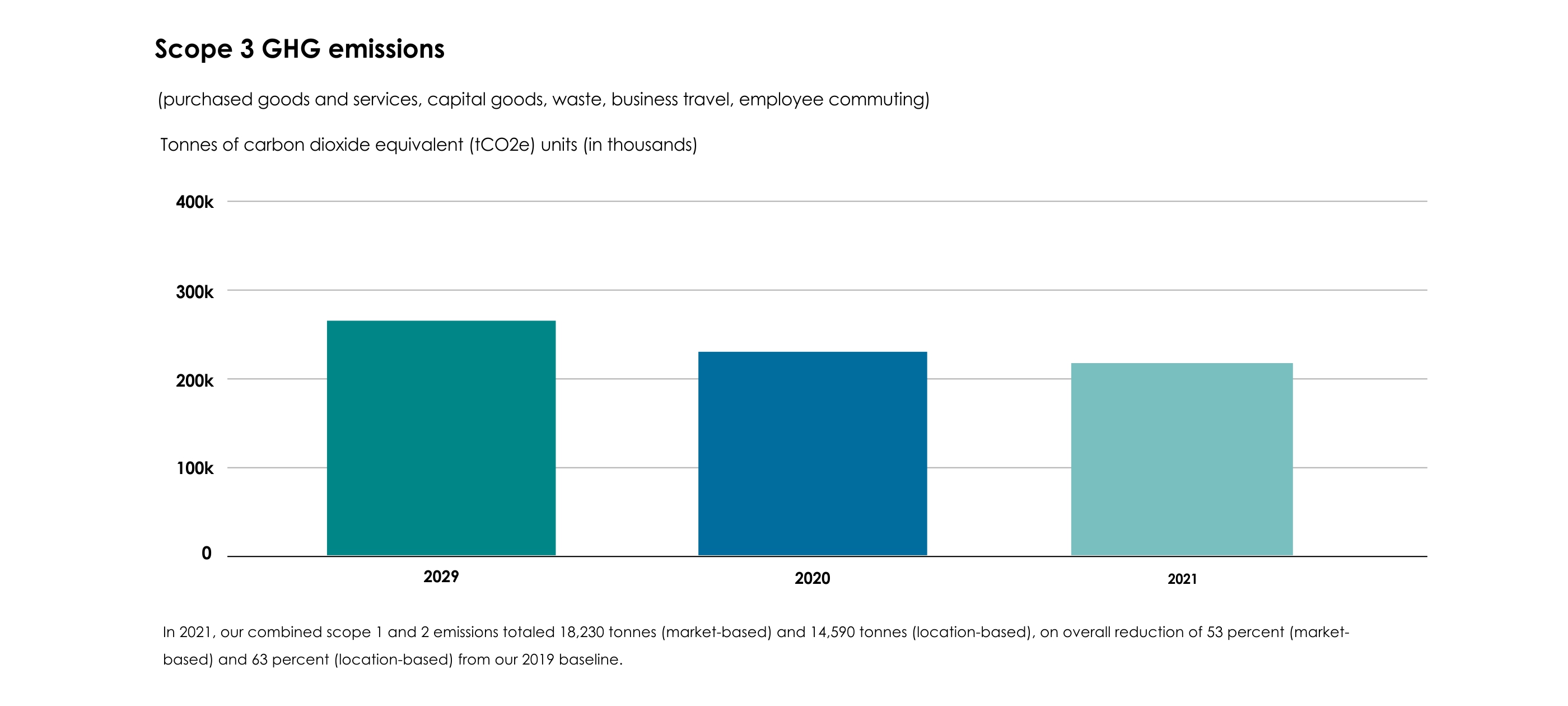

Additional Highlights
- Determined to attaining corporate net-zero GHG emissions by 2050.
- Goal is to cut energy use and emissions by 46% by 2030.
We updated our business emissions baseline for 2019 in 2021 and synchronized our reduction targets with the Science Based Targets Initiative (SBTi). To lessen the effects of climate change, we want to lower our energy consumption and emissions output in accordance with the SBTi by 4.2 percent year-over-year, reaching 46 percent by 2030.
The management of our investments and interaction with portfolio firms presents us as asset managers with the greatest opportunity to have an influence. These initiatives serve the interests of not only our company and its personnel, but also of its clients, shareholders, and local communities. For more information on how Wealthnetglobaltrade incorporates climate change concerns into our investment decisions, see the ESG Investing portion of this report and the Wealthnetglobaltrade ESG Investment Report.
Now considering that we have expanded our reporting parameters, it is evident that our GHG emissions, which originate from three primary areas, have the greatest environmental impacts on our company operations: Scope 1: Emissions that arise from sources that Wealthnetglobaltrade owns or controls; Scope 2: Indirect emissions from purchased electricity, steam, heat, and cooling; and Scope 3: All other emissions related to our operations, including those from capital goods, waste, purchased goods and services, business travel, employee commuting, and investments (which are not covered by the scope of the operations emissions). Both our energy consumption and emissions have decreased since our baseline year of 2019. This was owing to our offices' continued energy-saving activities as well as the fact that COVID-19 greatly reduced corporate energy use and travel.
Measuring energy and emissions
The World Resources Institute Greenhouse Gas Protocol is used to produce our energy and GHG emissions data. As new information becomes available, we continue to update our reporting boundaries. The results are larger than the 2019-2020 figures that were previously provided when compared to previously reported GHG emissions.
The primary drivers for this difference are:
Operational boundary: The new 2019 baseline accounts for emissions from leased offices using the operational control methodology. According to an assessment of the Wealthnetglobaltrade portfolio, every lease is an "operating lease," which means that the emissions related to the gasoline used and energy bought at these locations fall within Scope 1 and 2 boundaries, respectively. Due to this, there are now 120 sites reporting in the Scope 1 and 2 boundary, up from the 15 largest sites of Wealthnetglobaltrade previously, totaling 2,670,241 square feet, a 65 percent increase.
.jpg)



Offsetting our emissions
Wealthnetglobaltrade collaborates with ClimateCare, a business with a focus on environmental and social impact that offers carbon offset services and funds its initiatives via results-based financing. Our offsets will fund smaller programs that help preserve forests that absorb carbon dioxide and enhance the health and quality of life for the local populace. Three ClimateCare initiatives that Wealthnetglobaltrade is now funding offset 8,649 tCO2e (tonnes of carbon dioxide equivalent) in 2021.
Cookstove access with the Bangladesh Bondhu Foundation
Less than 20% of Bangladeshi homes have access to clean cooking; the majority cook over open flames, which pollute the environment and increase the risk of respiratory and other illnesses. This project helps create a market for sustainable, clean cookstoves in Bangladesh by working with microentrepreneurs who receive training to help sell the stoves.
Renewable biogas program in China
By helping farmers construct and manage a home biogas digester, this project gives them the chance to take charge of their own energy supply. Families improve their livestock and personal hygiene while cutting their fuel costs by 40%. Additionally, it makes it possible for long-term access to a source of clean, renewable fuel for heating and cooking. The project also leverages the proceeds from carbon finance to fund a network of service centers that offer technical assistance to homes.
Rimba Raya Biodiversity Reserve in Indonesia
The Reserve was intended to be divided into four palm oil estates by the regional administration. Around 160,000 hectares of tropical rainforest and peat swamp are being protected by the Reserve by obtaining tenure rights to the area for the 30-year duration of the project. Over the course of its 30 years, this project is anticipated to reduce more than 130 million tonnes of CO2.
